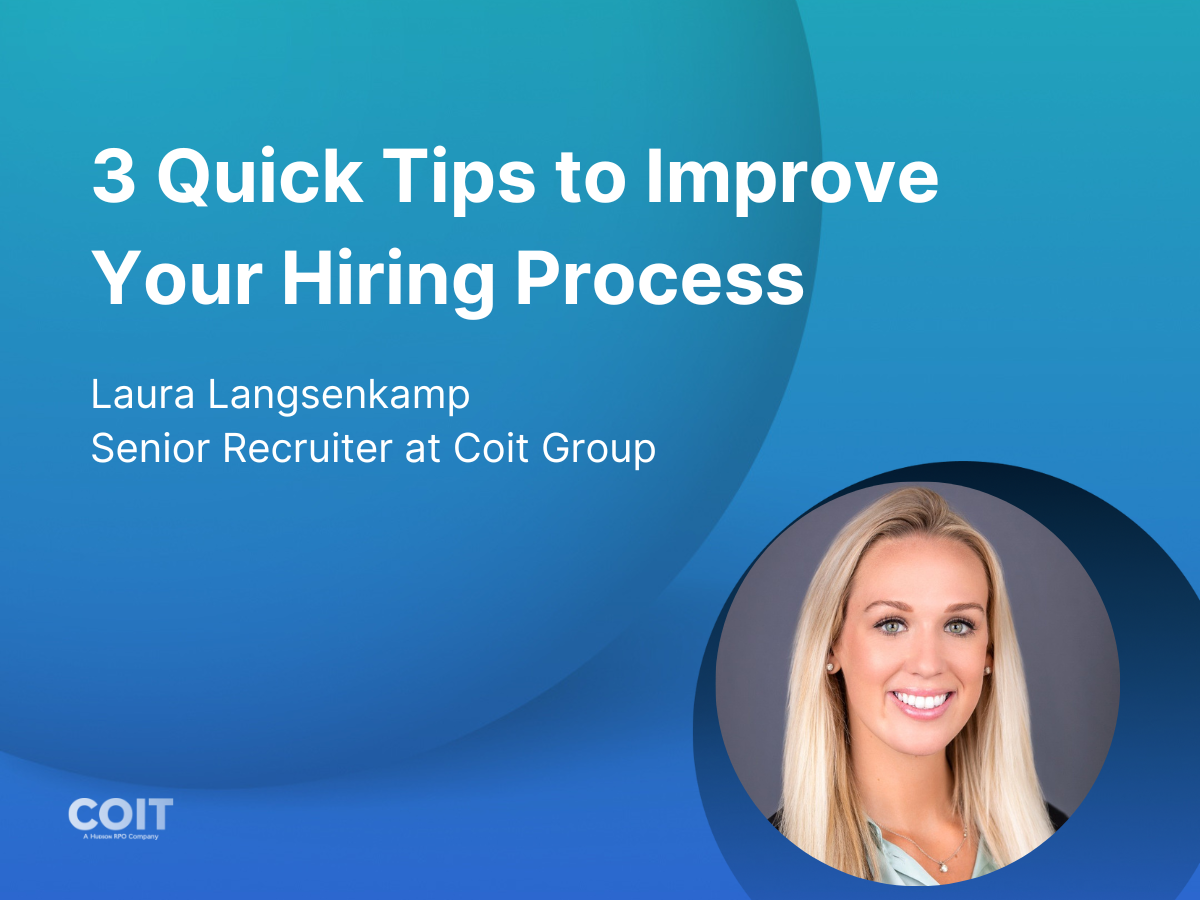“RPO” stands for “recruitment process outsourcing,” and it’s a growing trend among tech companies. In this article, we’ll discuss what an RPO provider does, how it works with your company and what you should look for in one.
What is RPO?
RPO is when a company hires an outside agency to take over their personnel needs. Startups, for example, might use RPO to find a new VP of engineering or a marketing manager. The main benefits are savings on time and money spent on recruitment—both the applicant’s time applying and yours as they make their decision.
But RPO isn’t right for everyone—especially if you don’t have much experience with it yet.
The benefits of RPO
RPO offers several benefits that can help you as a tech team. The most important is that it will reduce the time and cost associated with hiring. Because RPO has already vetted your candidates, they’re more likely to be qualified and ready to start work on day one.
This means that you can save money by not having to spend as much time or resources on screening them yourself, and also because you won’t need to pay for any additional training programs once they’re hired.
It’s also worth noting that this method reduces the risk of bad hires by filtering out applicants who don’t meet your company’s standards from the start—which means less wasted time interviewing people who aren’t interested in working for your company anyway!
Finally, RPO helps increase diversity in your hiring practices because it helps ensure that all candidates have equal access
The growing popularity of RPO
RPO is a good choice for tech teams with VC funding. If your company has raised or secured venture capital, then you should consider hiring a headhunter to help fill your open positions. Your tech team will grow more quickly, allowing you to focus on the core business and not recruitment—something that shouldn’t be overlooked as an HR task.
RPO is also a good option for companies that want to grow their tech team quickly but don’t have the funds or resources (or desire) to hire and train new employees themselves. Instead of training new engineers from scratch, these companies can bring in experienced professionals through RPO who already know best practices and can hit the ground running—saving time and money spent on training materials as well as lost productivity from moving from one side project onto another without seeing any meaningful results from those projects thus far.
What should you look for in an RPO provider?
If you’re in the market for an RPO provider, here are some of the things to look for:
- Experience in your industry. The best RPO providers understand your business and can provide solutions that will help you grow. It’s also important to choose a partner with experience in your specific industry. For example, if you’re in healthcare or finance, it may be more practical to partner with an agency that specializes in those industries than one that works across all industries equally well.
- Client references. Interviewing clients is always a good way to get a sense of how the vendor works with its clients and what their expectations are of their vendors’ performance—be sure these references are available before making any decisions about which agencies to work with!
- How they work with your team: Most RPOs offer some kind of initial training program for new employees who come on board as part of their contract (including training on HR systems like payroll). They’ll also usually have some sort of onboarding program designed specifically for agencies so they can make sure everyone has all the tools they need at their fingertips right away without having to wait very long at all before getting started on projects themselves—this makes it easier both financially
If you’re a tech team that wants to be able to focus on your core business, while giving yourself full control over the hiring process and having complete visibility into your recruitment efforts at any given time, then RPO might just be right for you.
When is RPO the right option?
RPO is a great option for startups that:
- Have venture capital funding. Investors want to see growth and profitability, and RPO can help your company achieve this.
- Have a tech team. If the majority of your employees are focused on building the product or service, then you may be able to use an RPO model effectively.
- Are growing quickly (but not too quickly). You need to have momentum behind your business in order for it to work well with an RPO model—too fast of growth could cause problems with communication and quality control as well as create anxiety among employees who feel like they’re unable to keep up with their responsibilities when things get busy at work.
How do you choose an RPO partner?
Choosing the right RPO provider can be challenging. Obviously, you need to find someone with experience in your industry and who knows your business—but there are other factors that are important as well.
RPO is a partnership between the provider and client, so it’s important that both parties understand each other’s goals, needs, and capabilities. This will help ensure that everyone stays on track toward achieving success together.
When choosing an RPO partner for your tech team, consider these factors:
What are the key metrics for measuring RPO success?
The key metrics for measuring success of an RPO program are cost per hire, time to hire, quality of hires and recruitment spend. In a successful program, you should see your cost per hire decrease while time-to-hire stays constant or decreases. Your quality of hires will also be higher in all areas; this is important because it shows that your new hires are better matching your organizational culture than before. Finally, you’ll see that your recruitment spend has decreased because you’re finding more high-quality candidates who are easier to train and retain as employees.
When you’re a startup with VC funding, RPO could be a good fit.
If you’re a startup with VC funding, RPO could be a good fit. If your tech team is smaller than 100 people and if you have the time and money to invest in recruitment, then it may be worth exploring the option of hiring an external recruiter. While there are no hard-and-fast rules regarding how many employees your company should have before opting for RPO services, our experience is that this tends to be between 50 and 200 people.
If this describes your company, then we recommend moving forward with a hybrid approach: hire on an interim basis until you find someone who’s going to work out for the long haul (or who has already demonstrated their ability) while also working with an external recruiter who specializes in finding candidates for similar positions at other companies.
In summary
Now you know what RPO is, why it’s a good option for your tech team and when to use it. Coit has been helping build tech teams and startups since 2000 and can support your growth needs. We’ve worked with big brands like PayPal, TikTok, and Ceridian. Learn more about our RPO services and how we can build your go to market team.
Newsletter
Blog Categories
Recent Posts

[Tech x Talent Dashboard] It’s time to change DEI metrics and tactics

3 Quick Tips to Improve Your Hiring Process

Beyond the Checkbox: DEI in 2024 and Beyond

The Unexpected Secret to Effective Rapid Response Hiring




